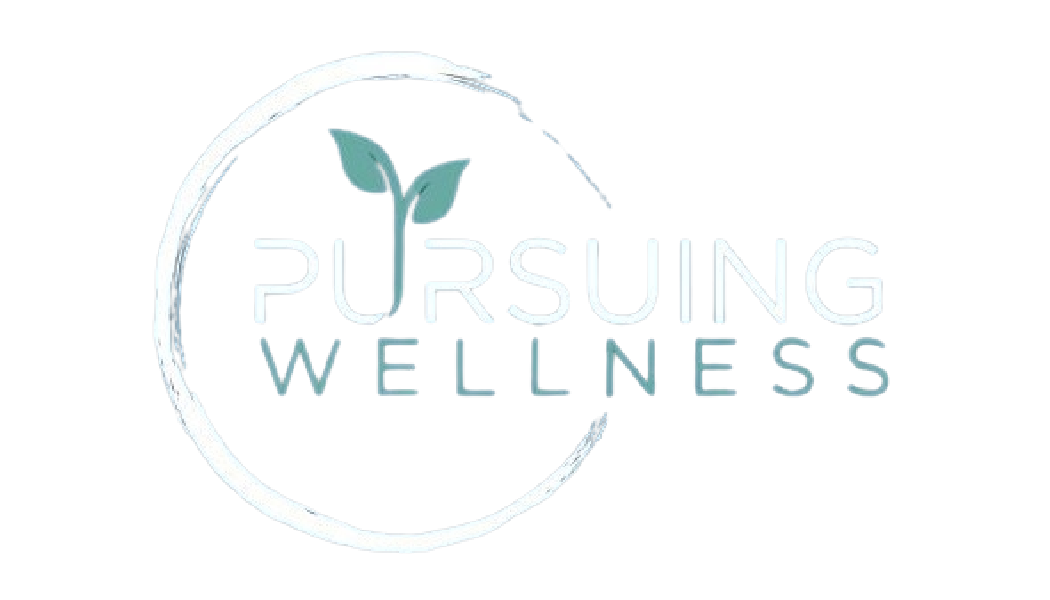October: Mental Illness Awareness Month | Breaking the Silence: Addressing Mental Illness, Depression, ADHD, and Bullying
October is Mental Illness Awareness Month, a time to focus on the often-hidden challenges that millions face daily. Mental illness encompasses a wide range of conditions that affect mood, behavior, and thinking, such as depression, anxiety, ADHD, and more. The impact of these conditions stretches far beyond the individuals diagnosed, affecting families, schools, and communities. By bringing awareness, education, and support to the forefront, we can help foster healthier environments and stronger support systems for those in need.
Understanding Mental Illness
Mental illness is more common than many realize. According to the National Alliance on Mental Illness (NAMI), one in five adults in the U.S. experiences a mental health disorder in any given year. Mental illness doesn’t discriminate—it affects people of all ages, backgrounds, and socioeconomic statuses. Despite its prevalence, stigma and misunderstanding still surround mental health, often preventing people from seeking the help they need.
To combat this, we must cultivate an atmosphere of openness and education. Parents, educators, and community leaders play pivotal roles in recognizing signs of mental illness and creating spaces where people feel supported and understood. This leads to earlier intervention and reduces the long-term impact of untreated conditions.
Depression: Recognizing the Silent Struggle
Depression is one of the most common mental health disorders in the world. It goes beyond feeling sad or down—it can disrupt daily life, cause physical symptoms, and make even the simplest tasks feel overwhelming. Symptoms often include persistent sadness, loss of interest in previously enjoyed activities, changes in sleep patterns, fatigue, and feelings of worthlessness.
Many people with depression suffer in silence, believing they need to "tough it out" or fearing judgment from others. Recognizing these signs early, whether in ourselves or loved ones, is crucial to offering support. Parents can be especially attuned to changes in their children’s behavior, such as withdrawing from friends, struggling academically, or showing uncharacteristic irritability.
Encouraging open conversations about emotions and mental health in the home helps create a supportive environment where loved ones feel safe seeking help when needed. Whether through therapy, medication, or lifestyle changes, early treatment can significantly improve the quality of life for individuals with depression.
ADHD: More Than Just Hyperactivity
While often associated with children, Attention Deficit Hyperactivity Disorder (ADHD) affects people of all ages. ADHD is characterized by patterns of inattention, hyperactivity, and impulsivity that can hinder daily functioning. It’s important to note that ADHD looks different for each individual. Some may struggle with staying focused, while others may exhibit impulsive behavior or difficulty organizing tasks.
For children with ADHD, school can be particularly challenging. Without the right support, they may experience academic difficulties, feel isolated from peers, and develop low self-esteem. Parents and educators can play an active role in supporting children with ADHD by offering consistent routines, positive reinforcement, and understanding. Accommodations like extended test times, movement breaks, or task breakdowns can help children thrive academically and emotionally.
ADHD is not limited to children—many adults live with the disorder without a formal diagnosis, which can lead to challenges at work, in relationships, or in managing daily responsibilities. By raising awareness and debunking myths, we can better support individuals of all ages in managing ADHD.
Bullying and Its Long-Term Impact on Mental Health
Bullying has profound effects on mental health, especially among children and adolescents. Whether physical, emotional, or cyberbullying can lead to anxiety, depression, and even suicidal ideation. The consequences of bullying often follow individuals into adulthood, manifesting as low self-esteem, difficulty forming healthy relationships, and ongoing mental health struggles.
It’s essential to recognize the signs of bullying in both the victim and the bully. Children who are bullied may become withdrawn, anxious, or exhibit physical symptoms such as headaches or stomach aches. Meanwhile, those who bully often struggle with underlying issues themselves, including lack of self-control, poor emotional regulation, or past trauma.
Creating safe spaces in schools, homes, and communities where bullying is addressed head-on is crucial to stopping the cycle. Encouraging kindness, teaching emotional regulation, and fostering open dialogue can empower children and teens to stand up against bullying and support those affected.
How We Can Create Supportive Environments
Mental illness, depression, ADHD, and bullying all share one thing in common—they thrive in environments where silence, stigma, or misunderstanding dominate. As individuals, parents, and community leaders, we can actively work to change this. Here are a few steps to create a supportive environment:
Open Conversations: Regularly discussing mental health in a non-judgmental way encourages others to open up.
Education: Educate yourself and others about mental illness, including signs, symptoms, and ways to support loved ones.
Encouragement: Promote the importance of seeking professional help when needed. Early intervention makes a significant difference.
Support Systems: Build a network of support at home, work, or school where individuals feel comfortable discussing their mental health challenges.
Call to Action: Seek Support Through Pursuing Wellness
At Pursuing Wellness, we are committed to helping individuals and families navigate the complexities of mental health through our range of services. Whether you or a loved one is struggling with depression, ADHD, the effects of bullying, or other mental health concerns, we offer:
Therapy: Professional, compassionate therapy tailored to your unique needs.
Life Coaching Sessions: Helping you set and achieve goals while addressing emotional challenges.
Workshops: Providing education and practical strategies to foster mental well-being.
Speaking Engagements: Bringing our expertise to businesses, organizations, and schools to create healthier, more supportive environments.
If you or someone you know could benefit from our services, please reach out. Together, we can break the silence surrounding mental health and build a stronger, more supportive community.




